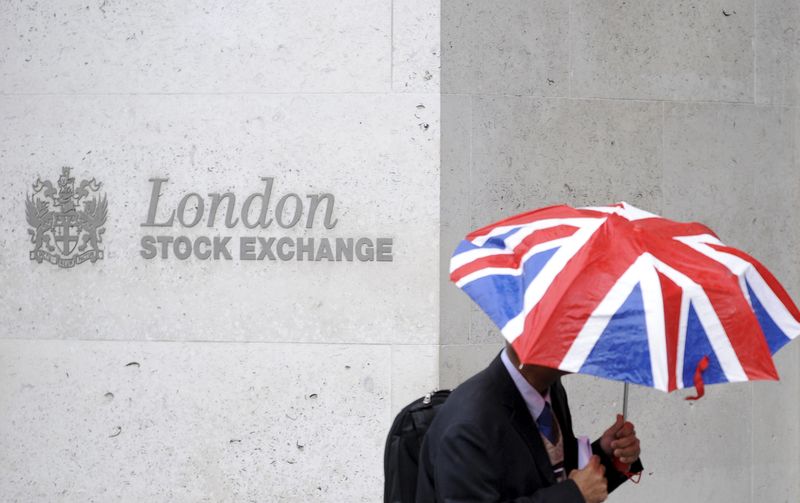By Geoffrey Smith
Investing.com - Shares in Games Workshop (LON:GAW) fell over 5% in early trading on Tuesday after the owner of the Warhammer miniature wargame reported half-year results below expectations.
The company said sales in the U.S. had fallen short of its own expectations in the six months through November, only remaining flat in constant currency terms, although the dollar's strength and sterling's weakness meant that the group still posted sales revenue of over £200 million (£1 = $1.2172) for the first time. As previously flagged, it also announced a special dividend of £1.30 a share, to add to the £1.65 already declared for the first half.
Operating profit in constant currency terms fell 14% to £75.7M, as higher staff costs - notably the need to recruit more sales staff in Europe due to the consequences of Brexit - ate into profit margins. The group also noted that it had lost around £1M in Chinese sales due to COVID-19 lockdowns and another £2M in Russian sales as a consequence of the invasion of Ukraine.
"Games Workshop and the Warhammer hobby are in great shape," chief executive Kevin Rountree said, but the market preferred to zoom in on the group's admission that its new web store, a key channel for pushing sales in the U.S. and other markets, continues to experience delays. Rountree said the group has "tentatively" penciled in a launch in the middle of 2023.
Games Workshop stock fell as much as 6.8% at the open to its lowest this year, before steadying to trade down 4.6% by 03:45 ET (08:45 GMT).
While that's little more than a minor correction for the stock after a 63% rise from its October low, there was worse news from one of the U.K.'s other hobby and leisure stocks.
Model railway maker Hornby (LON:HRN) saw its shares fall 20% after it said sales over the key Christmas quarter fell short of its own expectations, something it blamed on "the challenging consumer economic climate." It warned this would also affect its full-year figures, without specifying further.
One bright spot for Hornby was its direct-to-consumer sales, which rose 44% from a year earlier.
